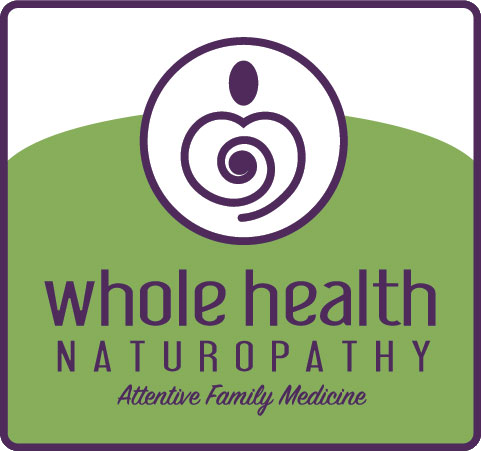This month we celebrated Valentine’s Day, and with it comes a marketing inundation of chocolates, flowers, wines, and heart-shaped cards — all featured as symbols of love. During this month, it’s important to show some love to the human heart too. February is American Heart Health Month! A designation that came about in 1964 by President Lyndon B. Johnson, who had experienced multiple heart attacks and wanted to raise awareness about heart disease and prevention.
Astoundingly, 57 years later, it is still the leading cause of death in this country, affecting 1 in 6 people. The leading cause of heart disease is coronary artery disease; it affects the arteries that supply blood to the heart muscle. Atherosclerosis, the underlying cause of coronary artery disease, is an inflammatory process that causes a buildup of cholesterol plaques in the walls of arteries and a stiffening of the artery walls, making blood flow through the artery diminished. Over time, this process is what causes blood flow to the heart to be interrupted and a heart attack to occur.
Epidemiological data shows that while death rates from infectious diseases have declined, death rates from chronic diseases like heart disease continue to rise. Why, after decades of trying to raise awareness about heart disease, is it still the leading cause of death? Dietary choice is one of the leading reasons. According to the Center for Disease Control, just 1 in 10 Americans consumes an adequate amount of fruits and vegetables. Most Americans chose their diets out of convenience and not nutritional content.
The framework of how most people think about food needs to be altered. After all, foods are full of bioactive compounds that have a direct influence on the body’s ability to promote or prevent disease. A person who regularly eats processed or fast foods will consume large amounts of salt, sugar, and unhealthy fats — all of which are linked to inflammation and the promotion of heart disease,
Not all fat is created equal, though, to a certain degree, all fat has been vilified. When it comes to the prevention of heart disease, fat choices play an important role. Incorporating more of the healthy fats like omega 3 fats and unsaturated fats in the diet is essential.
Sources of omega 3 fats are found in foods like wild salmon, cod, sardines, walnuts, hemp hearts, chia, and flax seeds. These help improve cholesterol parameters by increasing levels of good cholesterol, known as high-density lipoproteins (HDLs), and lower fat particles in the blood, known as triglycerides.
Unsaturated fats in the diet are found in foods like avocados, almonds, olives, sesame, sunflower, and pumpkin seeds. Eating more unsaturated fats helps lower bad cholesterol called low-density lipoproteins (LDLs) and provides antioxidants that help decrease inflammation.
Reducing dietary consumption of saturated and trans fats in the diet is crucial to maintain heart health. Saturated fats are largely found in animal products and are highest in red meats and dairy products; they cause increased levels of LDLs and triglycerides. Processed foods are high in trans fats which are created by a chemical process that makes liquid vegetable oils more solid. This allows the fat to have a longer shelf life. Intake of trans fatty acids increases LDL and lowers HDL. Reading labels and avoiding foods containing partially hydrogenated oils will lower consumption of trans fats.
High salt consumption in the diet can raise blood pressure and promote inflammation, which impacts heart muscle health. Limit salt intake to 1500 mg or less per day. Read labels on processed and frozen foods as these are significant, yet unrealized, sources of sodium.
Sugar is often overlooked as a contributing factor to heart disease. Excessive amounts of dietary sugars are stored as fat in the body and lead to an increase in triglycerides. Over time, high levels of triglycerides are thought to contribute to atherosclerosis. The American Heart Association recommends that no more than 5% of calories should come from sugar. Women should not consume more than six teaspoons (24 g) of added sugar per day, and men should not consume more than nine teaspoons (36 g) per day. Be aware of the presence of refined sugars in processed foods and beverages. Read labels and choose foods with low sugar content and avoid products that use sucrose or high fructose corn syrup which may increase heart disease risk more than other sugars.
Dietary and nutritional support to help prevent chronic disease should start early in life, especially for those who have a family history of heart disease. In some people, the process of atherosclerosis can begin in adolescence. Please don’t wait until middle age to be proactive about disease prevention; show your heart some love, and talk to your naturopathic doctor about lowering your risk for heart disease.
Note: This content is not intended to be a substitute for professional medical advice, diagnosis, or treatment. Always seek the advice of your physician or another qualified health provider with any questions you may have regarding a medical condition.
Photo by Jakob Owens on Unsplash

